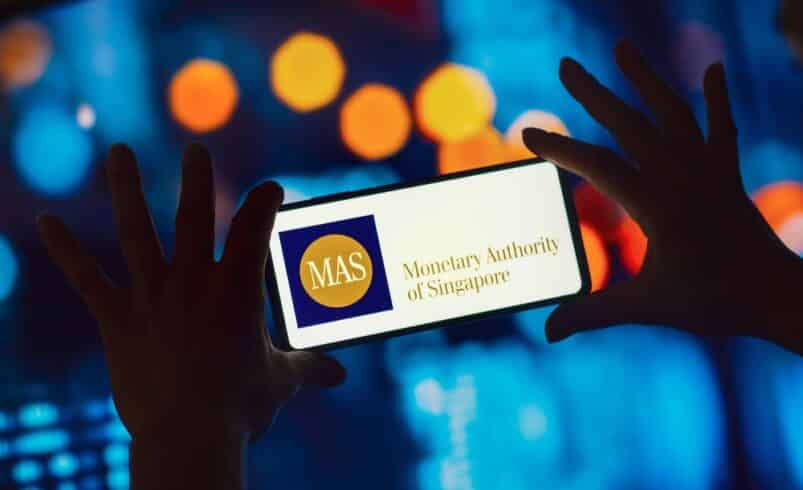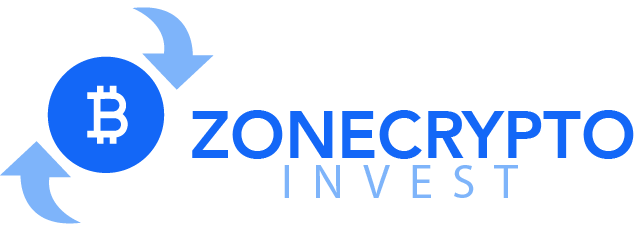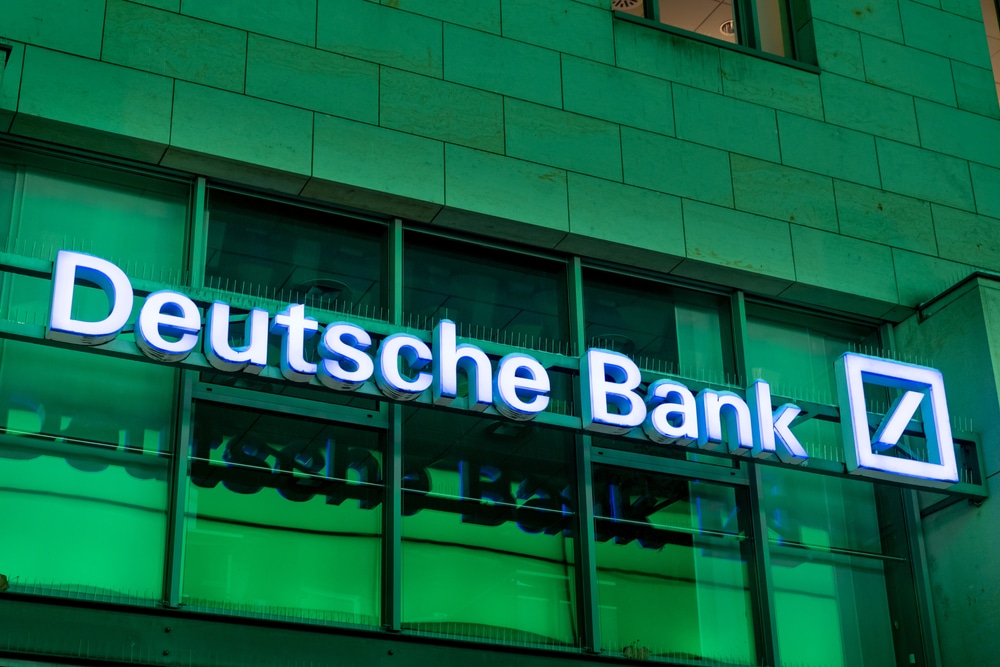Singapore Allocates $74.3M to Enhance AI and Quantum Computing in Finance

The Monetary Authority of Singapore announced injections of $74.36 million to fund initiatives to enhance quantum computing and AI integration within the finance sector. The allocation seeks to extend support for local institutions, particularly to facilitate substantial co-funding.
The Monetary Authority of Singapore (MAS) is committing 100 Singapore dollars to bolster quantum computing capacity in the finance sector. The country’s central bank also targets boosting the finance sector’s artificial intelligence (AI) capabilities.
The latest injection by the financial regulatory authority aims to enhance the local financial institutions’ efforts to establish quantum computing infrastructure. Also, the funds by the MAS aim to expedite AI development and adoption within the segment.
Singapore Eyes Becoming a Global Fintech Hub
Singapore seeks a stronger position as a global fintech hub guided by the Financial Sector and Innovation Scheme (FSTI 3.0) unveiled in 2022. MAS’s July 19 official statement confirmed the addition of $74.36 million besides the $111.5 million it indicated to allocate over three years.
The MAS official statement clarified that eligible financial institutions will benefit from 50% co-funding to build the quantum computing tech centers. Also, it targets establishing viable institutional use cases. The entities creating the quantum-based cybersecurity solutions will benefit from 30% co-funding.
The regular indicated that a portion of the fund will finance the building of AI innovation centers. The new facilities will support building AI models, host training, and deployment across use cases.
MAS acknowledges the strong prospects that the financial industry could apply AI and resolve the industry-wide challenges each entity can address individually.
MAS Unveils AI Pilot to Detect Fraud
MAS announced the initial AI pilot initiative dedicated to detecting scams and fraud. The central bank will involve public agencies, banks, and technology solutions providers.
The FSTI scheme validity ends in March 2026, though the Singapore government could extend relative to the impact on the fintech landscape.
The news of the million-dollar injection comes after the central bank approved the Singapore-based Paxos behind gold-backed stablecoin Pax Gold (PAXG) earlier this month.
The regulatory approval granted enables Paxos to unveil a stablecoin that complies with the MAS’s regulatory framework set for enforcement. The approval identifies the Development Bank of Singapore (DBS) as Paxos’ primary banking partner.
The MAS announcement considers that Southeast Asia’s largest bank, DBS, will handle cash management and custody of Paxos stablecoin reserves.
Regional Focus on Regulating Stablecoins
Singapore’s milestone in stablecoin regulation coincides with Hong Kong’s decision to retain the stringent requirements proposed last year. Nonetheless, Hong Kong made notable concessions guided by the public feedback days before unveiling the stablecoin sandbox trials. Like Singapore, Hong Kong seeks to become the crypto hub in the region.
The Hong Kong regulators reiterated plans to enforce the regime largely intact following the expiry of the consultation period for the stablecoin rules proposed in December.
Hong Kong obligates potential issuers of the fiat currency-backed crypto to secure a license from the Hong Kong Monetary Authority (HKMA). The joint statement on Wednesday featured the HKMA alongside the Financial Services and the Treasury Bureau urging compliance from potential stablecoin issuers.
The HKMA statement on Thursday revealed the initial batch of stablecoin issuers to feature in the sandbox. Since its unveiling in March, the Sandbox has been touted to facilitate trials of the stablecoins in various scenarios.
Notably, the HKMA confirmed the admission of RD InnoTech and Jingdon Coinlik Technology. A joint venture involving Standard Chartered Bank, Animoca Brands, and Hong Kong Telecommunications secured admission to execute limited-scale trials of stablecoin utilization in e-commerce payments, tokenized assets trade, and settling cross-border trades.
Elsewhere in South Korea saw the Virtual Asset User Protection Act become enforceable on Thursday. The law guarantees safeguards to avert unfair trading practices.
The inaugural law by the country’s Financial Services Commission (FSC) aims to eliminate unfair trading practices witnessed during the FTX implosion and Terra-Luna crash.
The FSC anticipates that the Virtual Asset User Protection Act will establish a solid foundation to offer safe protection for users. The law allows the regulator to impose severe penalties against actors orchestrating unfair trading activities to establish sound order in the virtual asset market.
Editorial credit: rafapress / Shutterstock.com
Zone Crypto Invest provides exposure for numerous crypto businesses, and we invite you to join our community! Connect with us through our Telegram chat for any questions. Given the volatile nature of cryptocurrencies, always conduct thorough research before investing. Many articles on our website are sourced from guest writers or are paid content, and they might not reflect the views of Zone Crypto Invest's internal team. The opinions in these pieces may not always coincide with Zone Crypto Invest's stance. We do not vouch for the accuracy, quality, promotions, or any other aspects showcased on our platform. Please refer to our detailed terms of service and disclaimer for further information.








